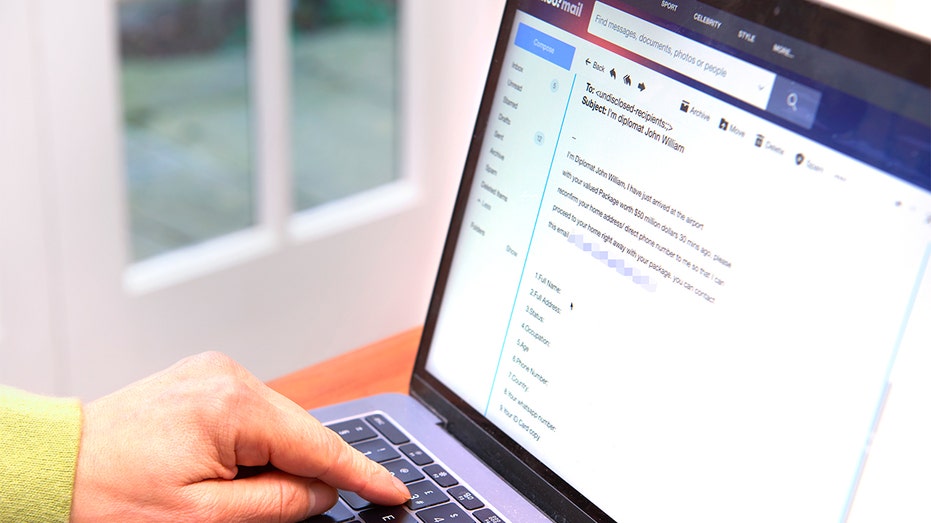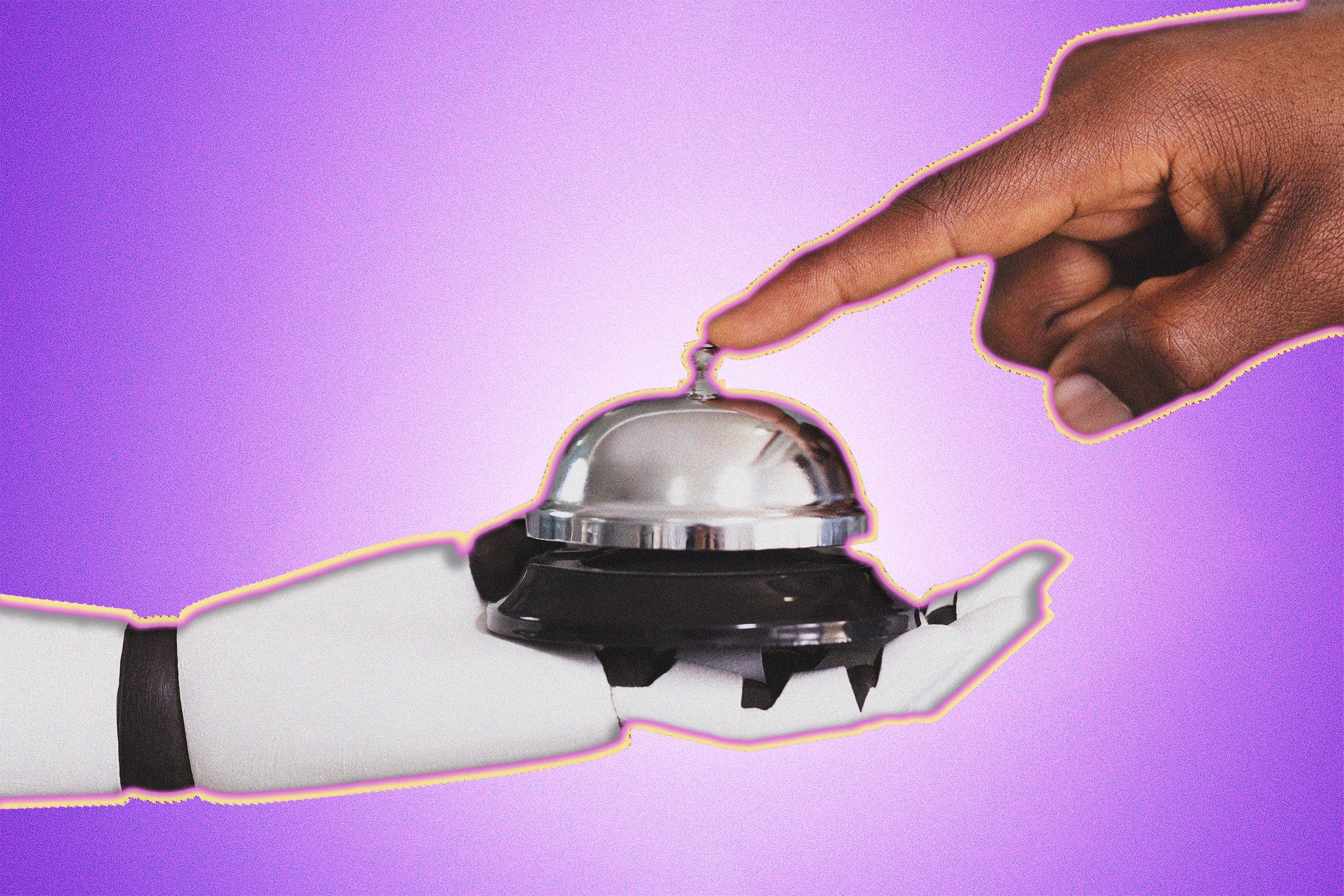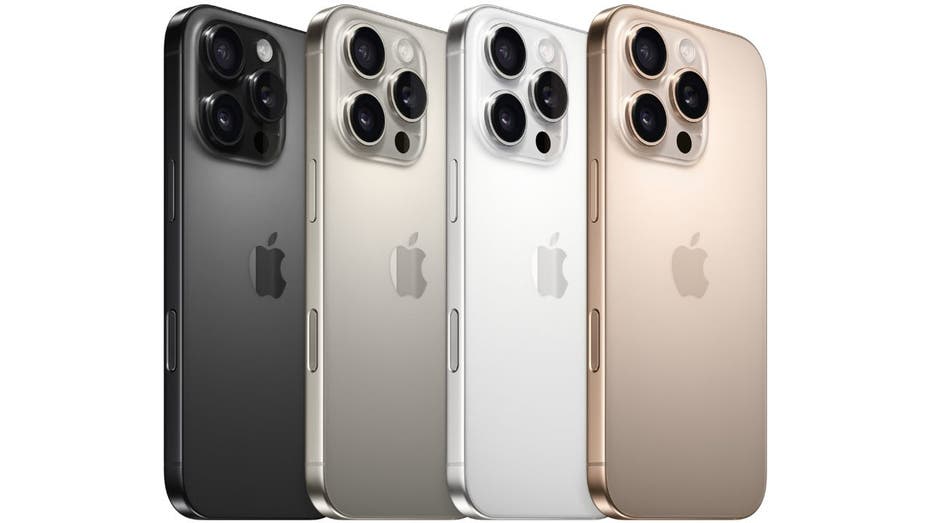Major reviewers have burst the Humane AI Pin’s bubble, a $699 AI-powered wearable device.
The device, worn on the chest and features a touchpad, camera, and laser projector, promises to provide users with hands-free access to AI models like OpenAI’s ChatGPT 4.0 and Google’s Gemini.
However, early impressions from The Verge, WIRED, and The Washington Post, among many others, suggest that the AI Pin fails to hit the target.
David Pierce from The Verge spent nearly two weeks testing the device. He found it “so thoroughly unfinished and so totally broken in so many unacceptable ways” that he couldn’t recommend it to anyone.
He also cited issues with slow performance, overheating, poor battery life, and an inability to complete basic tasks reliably.
“In general, I would say that for every successful interaction with the AI Pin, I’ve had three or four unsuccessful ones,” Pierce lamented.
Julian Chokkattu from WIRED echoed this, noting that the AI Pin’s responses were often inaccurate or slow and that its projector display was difficult to navigate, especially in daylight. He also encountered thermal issues, with the device overheating after just a few queries.
The AI Pin‘s camera capabilities were also disappointing, with low-light photos and videos being of poor quality.
Chris Velazco from The Washington Post acknowledged the potential for AI wearables to change how we interact with technology but found the AI Pin’s execution lacking.
He highlighted the device’s limited compatibility with popular services and its inability to sync with a user’s existing phone number as significant drawbacks.
“If there’s a lesson here, though, it’s that rather than splurging on a new device that promises to fix our problems, we may be better off forcing ourselves to use the ones we have more judiciously,” Velazco wrote.
The AI Pin misses the target
One of the main issues reviewers encountered was the AI Pin’s lack of basic features and integrations.
Setting reminders, accessing calendars, and navigating to locations are currently absent, though Humane has stated that many of these functions will be added in future updates.
The device’s security also raised concerns, as its reliance on a physical passcode could allow unauthorized access if left unattended on a jacket or bag.
Despite these shortcomings, some remain optimistic about the potential for AI-powered wearables.
It seems clear enough that, in its current state, the AI Pin fails to justify its steep price tag and falls well short of its promised functionality.
The project is reminiscent of Google Glass, which was promptly shelved for the consumer market after Google realized no one wanted it on their face.
Like Google Glass at the time, right now, the AI Pin is the only device of its sort available. It’s niche, it’s overtly positioned on one’s body, it doesn’t strike the right impressions, and it doesn’t justify its hefty price tag.
Nevertheless, Humane’s co-founders, Imran Chaudhri and Bethany Bongiorno, who previously worked at Apple, have emphasized that the AI Pin is just the beginning of their vision.
They have plans to expand the device’s capabilities and partnerships over time, but reviewers can only assess the product as it exists today.
Will there be another iteration? Probably. Didn’t someone say once that you should never buy the first generation of a new device anyway?
Next up, we’ve got the Rabbit R1, another ‘AI device’ that might challenge reviewers to give a positive assessment.





